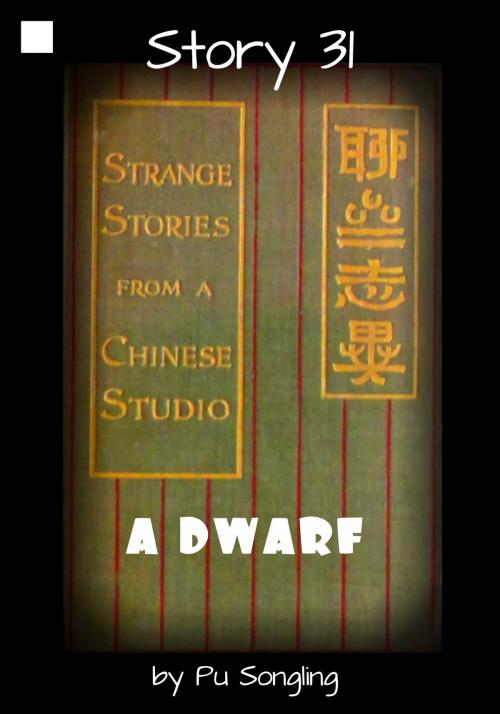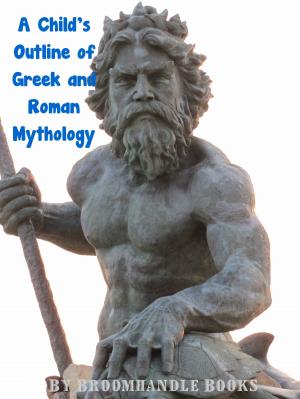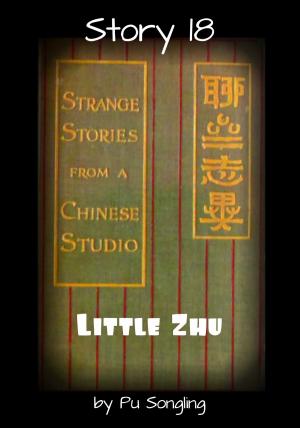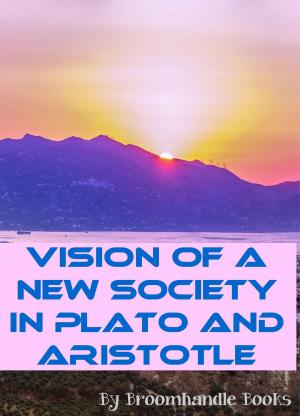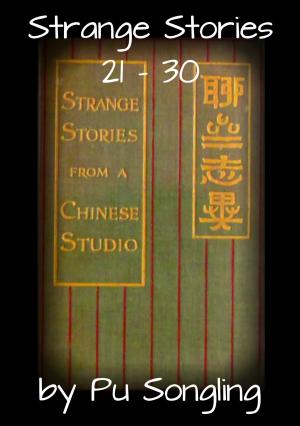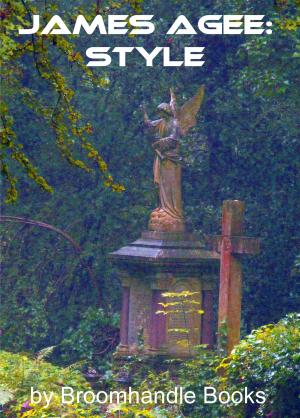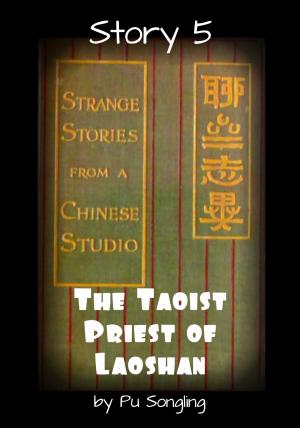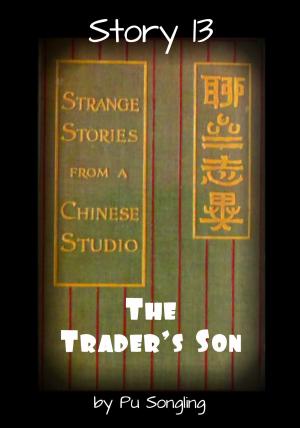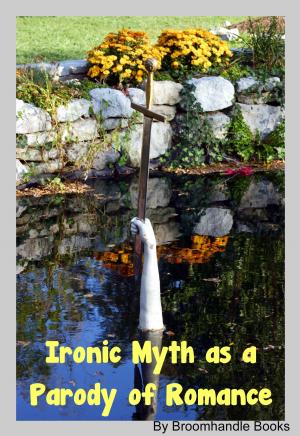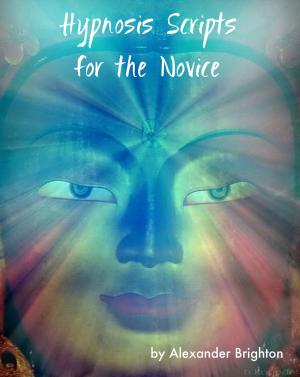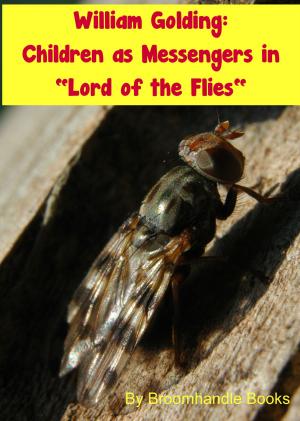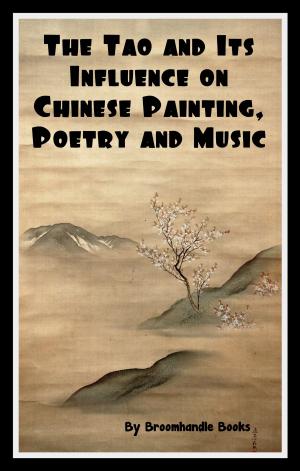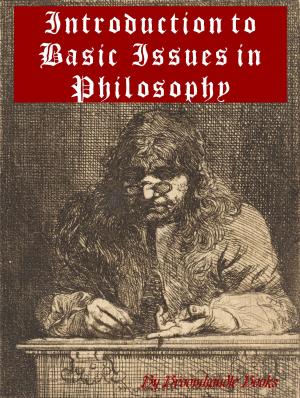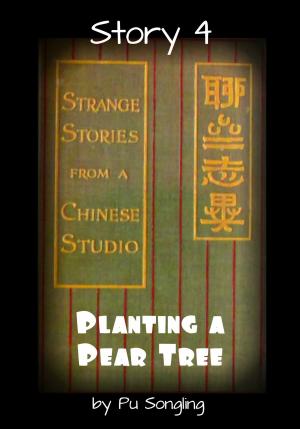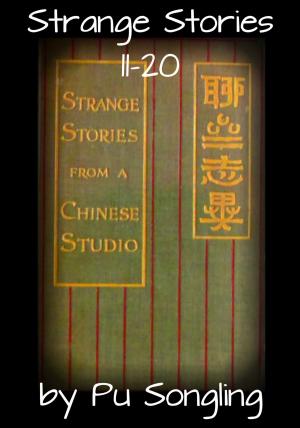| Author: | Pu Songling | ISBN: | 9781311478290 |
| Publisher: | Broomhandle Books | Publication: | April 15, 2014 |
| Imprint: | Smashwords Edition | Language: | English |
| Author: | Pu Songling |
| ISBN: | 9781311478290 |
| Publisher: | Broomhandle Books |
| Publication: | April 15, 2014 |
| Imprint: | Smashwords Edition |
| Language: | English |
Strange Stories from a Chinese Studio, commonly known in China as the Liao Zhao, was first published in 1740, although it existed in manuscript form before then. Little is known about the author Pu Songling, except that he completed the lowest (or bachelor’s) degree in the Chinese examinations. Ten years after his graduation, he had not progressed to an advanced degree. Despite his failures in the more advanced competitive examinations, Pu Songling left a cherished manuscript of stories, which for more than 300 years has gained him an enduring place in Chinese literature.
By choosing to publish one story at a time, the publisher hopes to accommodate readers in downloading particular titles of interest, thus saving the trouble of moving through a large and unwieldy electronic document.
If the contents of Strange Stories from a Chinese Studio intrigue you, obtaining a hard copy of the 1908 Second Edition is worth the cost. That edition contains much information not provided in this transcription. Herbert A. Giles’s valuable scholarship can be found not only in the introduction to that edition, but also in the footnotes and annotations that bring some of the book’s more difficult to understand literary allusions to life.
Strange Stories from a Chinese Studio, commonly known in China as the Liao Zhao, was first published in 1740, although it existed in manuscript form before then. Little is known about the author Pu Songling, except that he completed the lowest (or bachelor’s) degree in the Chinese examinations. Ten years after his graduation, he had not progressed to an advanced degree. Despite his failures in the more advanced competitive examinations, Pu Songling left a cherished manuscript of stories, which for more than 300 years has gained him an enduring place in Chinese literature.
By choosing to publish one story at a time, the publisher hopes to accommodate readers in downloading particular titles of interest, thus saving the trouble of moving through a large and unwieldy electronic document.
If the contents of Strange Stories from a Chinese Studio intrigue you, obtaining a hard copy of the 1908 Second Edition is worth the cost. That edition contains much information not provided in this transcription. Herbert A. Giles’s valuable scholarship can be found not only in the introduction to that edition, but also in the footnotes and annotations that bring some of the book’s more difficult to understand literary allusions to life.
